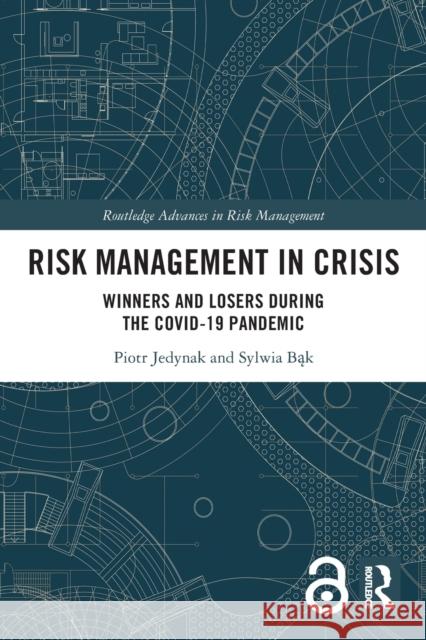Risk Management in Crisis: Winners and Losers during the COVID-19 Pandemic » książka
Risk Management in Crisis: Winners and Losers during the COVID-19 Pandemic
ISBN-13: 9780367674557 / Angielski
Risk Management in Crisis: Winners and Losers during the COVID-19 Pandemic
ISBN-13: 9780367674557 / Angielski
(netto: 200,21 VAT: 5%)
Najniższa cena z 30 dni: 196,40 zł
ok. 16-18 dni roboczych.
Darmowa dostawa!
The book illustrates through case studies and identifies key business risks, business enterprises which have been diminished by this pandemic, and compare them to businesses which have been able to mitigate the effects of COVID-19 well. This comparative analysis provides useful insights into key strategic approaches of risk management.
Risk management is a domain of management which comes to the fore in crisis. This book looks at risk management under crisis conditions in the COVID-19 pandemic context.
The book synthesizes existing concepts, strategies, approaches and methods of risk management and provides the results of empirical research on risk and risk management during the COVID-19 pandemic. The research outcome was based on the authors’ study on 42 enterprises of different sizes in various sectors, and these firms have either been negatively affected by COVID-19 or have thrived successfully under the new conditions of conducting business activities. The analysis looks at both the impact of the COVID-19 pandemic on the selected enterprises and the risk management measures these enterprises had taken in response to the emerging global trends. The book puts together key factors which could have determined the enterprises’ failures and successes.
The final part of the book reflects on how firms can build resilience in challenging times and suggests a model for business resilience. The comparative analysis will provide useful insights into key strategic approaches of risk management.
The Open Access version of this book, available at http://www.taylorfrancis.com/books/oa-mono/10.4324/9781003131366/ has been made available under a Creative Commons Attribution-Non Commercial-No Derivatives 4.0 license.











